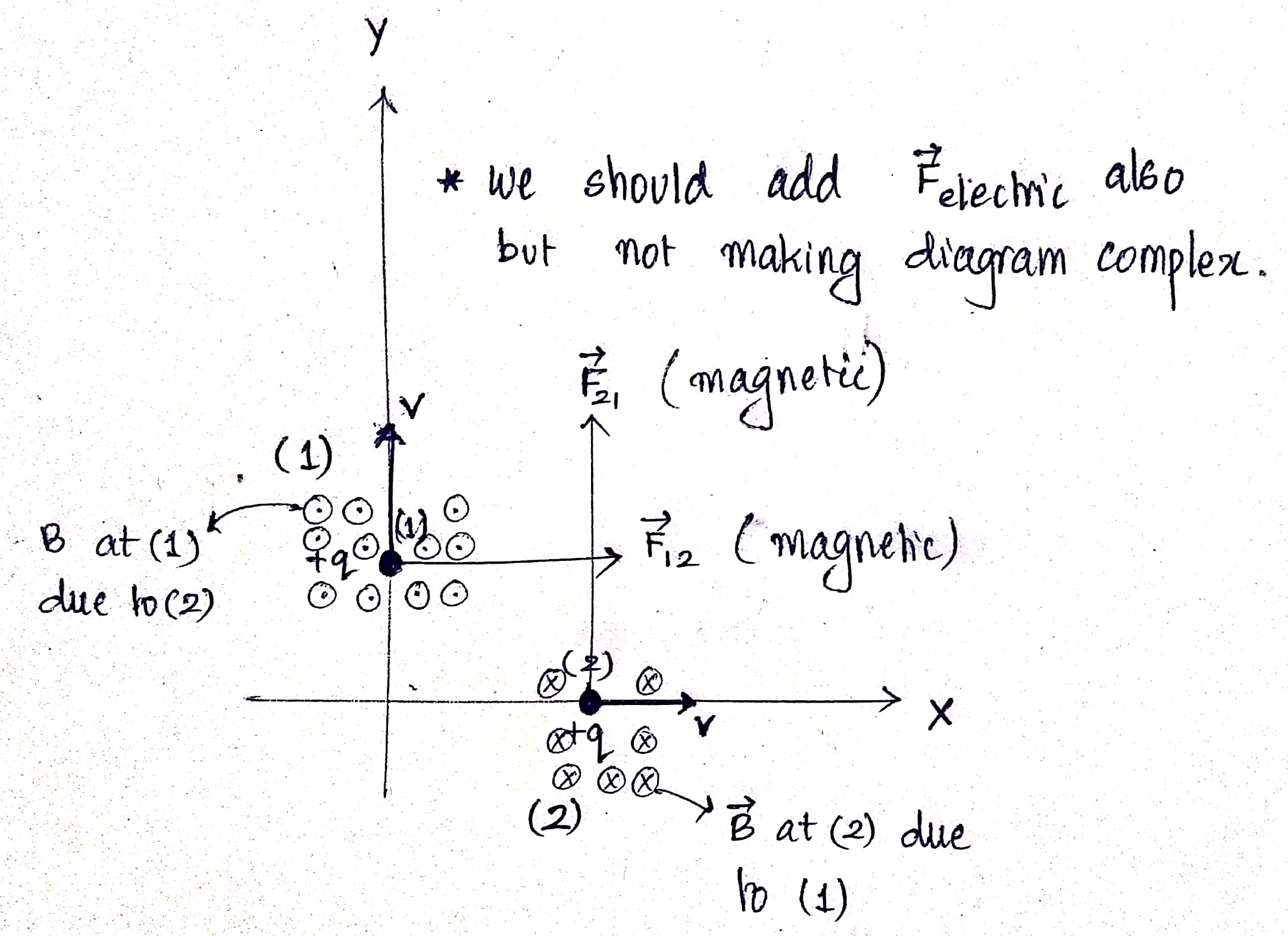Imagine a system of particles with the internal force on $i^{th}$ particle due to $j^{th}$ particle being given as $f_{ij}$
From the derivation of law of conservation of momentum and law conservation of angular momentum, I know that
Momentum would be conserved only if internal forces obey third law
$f_{ij} = - f_{ji}$ ...(1)Similarly, for angular momentum to be conserved, internal forces should be central.
$\vec f_{ij}\times \left( \vec r_i - \vec r_j \right)= 0$ ... (2)
But later we study about lorentz forces, where sometimes (mentioned below) these conditions are not met, we still hold on to momentum conservation and assign momentum to fields. I don't understand how we can use law of conservation of momentum here when the assumption 1 itself breaks down.

I see that assumption 1 is newton's third law which should be always true...but can we prove third law without assuming momentum conservation?
It seems to be a cycle where if we believe that momentum conservation is always true, everything goes fine.
Now similarly in another question, It was answered that forces on charge are central because law of conservation of angular momentum has to be valid. But shouldn't it be in the opposite way?
In general why do we believe these conservation laws to be always true?
